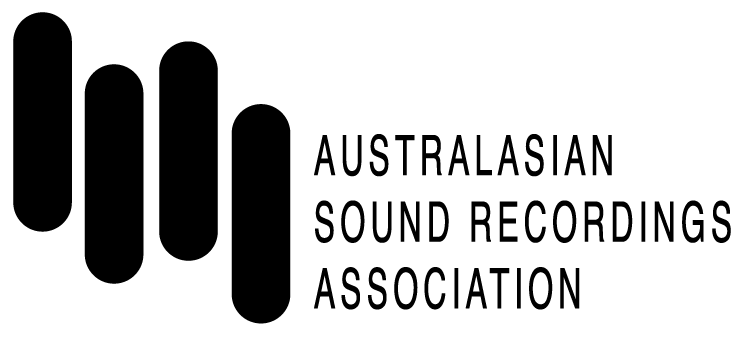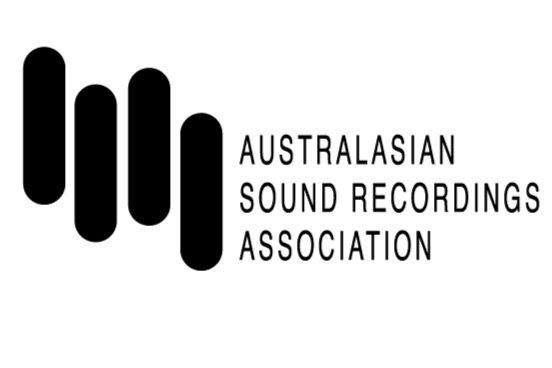Charting the Sonorous Archipelago: what field recording can tell us about the nature of sound and contested sites.
DA Calf, Remnant - Credit Tim O’Connor
Recent debates around the nature of sound suggest that we are expected to choose between treating sound as a material and considering it as merely a signifier. But is this an oversimplification? Given that we may only be able to know sound through the act of listening, perhaps this is a pertinent point from which to approach questions of its nature. The act of field recording stands as a process of listening par excellence, in that it finds the recordist simultaneously attuned to multiple pasts, the embodied present, and toward some speculative future. Amidst all of this, the practitioner grapples with their own nature and positionality through a relational process. Given all of this we must conclude that field recording (verb) can only partially be accounted for by the resultant field recording (noun). Furthermore, sound as the medium of field recording, would appear to have an extremely complex nature that behaves in myriad ways simultaneously. This paper discusses the process of field recording in relation to a coming-into-knowing, of figuring out oneself and one’s surroundings through the act of directing listening devices, and how this can contribute to our understanding of sound. The author makes reference to recent field recording projects undertaken in monument sites in the former Yugoslav republics of the Balkans, to explore this notion and to argue for field recording as an ethical process and output that provides a voice for the multiple agencies that contest and accumulate around site.


